Earlier this year the Arbitration Institute of the Stockholm Chamber of Commerce (SCC) addressed the challenges of the future on a global level for the arbitration community by arranging the inspiring conference Innovation in Arbitration, together with the Swedish Arbitration Institute and Young Arbitrators Stockholm.
This conference brought together more than 300 practitioners, academics, judges, arbitrators and in-house counsel from around the globe.
Now SCC has published a report from the conference, capturing the different sessions and the inspiring discussions on how innovation in arbitration can present new opportunities and challenges in a changing global market, which is available here: Innovation in Arbitration – The Report.
In the session “Technology in Arbitration” the rapid progress in information and communication technologies during recent years and the impact on international arbitration was discussed. An initial inquiry amongst the conference attendees revealed their fear of information inflation and that new technologies would lead to an increase in costs and time. But throughout the session the value, risks and opportunities that new technologies presents to the arbitral process and the need for modern arbitration to meet client expectations were debated, providing at the end of the session a more hopeful and forward-thinking approach to the potential benefits of using new technology to promote innovation in legal service.
Naturally, the use of new technology brings risks as well as opportunities. Some of the risks examined during the session concerned the issues with security and privacy, ownership of data, technical problems with dual-use devices, the risk of important information being missed when having too many possibilities to access too many documents and the risk that the parties may not be equally well equipped or experienced resulting in a disparity that could be detrimental to due process. These risks need to be carefully addressed and it is important that the adaptation to new technology is made with due care and reflection as not to undermine the fundamental principles of the process. But the advances made in information and communications technology have opened up opportunities and changes that have inevitably had, and will continue to have, an impact on working practices and creating new client expectations to which the arbitral community are required to adapt. As concluded by Annette Magnusson, SCC secretary general, in the foreword to the report, “the continued success of international arbitration in the 21st century will rely on our ability to develop innovative and visionary techniques to meet the challenges of the future”.
The legal market in general is changing, with a stronger focus on efficiency, new ways of providing legal services, cost competing, new market players and new online legal services, which will affect also the arbitral proceedings and the counsels and clients expectations on the use of technology, instant access to knowledge and correspondence taking place with unprecedented speed. As clearly demonstrated in the report, much reflection is therefore currently made on how to respond to the call of technology in international arbitration. By the use of new technology, benefits such as increased accessibility, search and support facilities for electronic files, interactive documents, virtual hearings with better use of exhibits, online dispute resolutions and efficiency gains can be achieved. This is an evolutionary process, developing into more production-friendly arbitration over time. Today, the level of electronic evidence being granted differs largely. Some arbitral tribunals only accept hard documents, while others are more open to accepting electronic evidence.
There are, however, already a number of new innovative project being devised and put into practice, mostly in the consumer dispute field with online dispute procedure solutions. For example, the European Commission recently suggested the creation of an EU-wide online platform resolving consumer disputes. But there are also solutions aiming at the efficient management of complex business disputes referred to international commercial arbitration by the use of new technology. For example, ICC has created a facility called NetCase, which enables parties and arbitrators to conduct aspects of their proceedings in a secure online environment. Another similar initiative is the WIPO ECAF, which allows parties and all other actors in a case to submit communications electronically, record facts, receive case information summaries and overview of timelines and the finance status of the case. Other examples on the use of new technology to facilitate litigation management are for example the tools Case Anywhere, a web-based software application created for US litigation that can be used by court and counsel to efficiently manage their cases by enabling users to electronically serve litigation documents, sort and search case records, access deposition transcripts, and communicate over a secure Internet connection, and LexisNexis CaseMap, a tool for counsels for effectively capturing, organizing and evaluating the facts, cast of characters, relevant issues, research and players in a case.
SCC has also recently launched a forward-thinking project using new technologies – The Swedish Arbitration Portal. The portal is an innovative service that provides the arbitration community with free access to English translations of Swedish court decisions on issues related to both international and domestic arbitrations. Read more about the visions behind the portal here: Swedish Case Law Accessible in English.
By the use of cloud computing, new modern software products can be used without any large front-up investment costs, which would reduce the costs of implementation and provide well-developed, efficient and cost-saving solutions for arbitral proceedings. With the increased use of cloud based technology new innovative solutions to meet the challenges of the future and find ways to drafting the award more quickly will be increasingly easy to adopt. However, when moving data and information into the cloud the ownership issue provides a special challenge to address and the arbitral tribunal must be duly informed hereof. Generally, the question of whether and to what extent modern technology will be used in a given arbitration will of course be a matter for the parties and arbitrators to decide in consultation with each other. Although the advantages offered by modern technology are strongly persuasive, there is no suggestion that they should be imposed against a participant’s will. So, as concluded in the report, in the end, counsels are taking the lead when it comes to how the new wave of information technologies will impact arbitration. From historical experience it is often better to be a leader than a follower, so for all counsels out there, we would like to encourage you to take on the appeal in the report to embrace the possibilities by adapting to the fast-changing world, join the continuous process of exploring how to turn challenges into opportunities and, most importantly, “do it before opposing counsel does it!”

